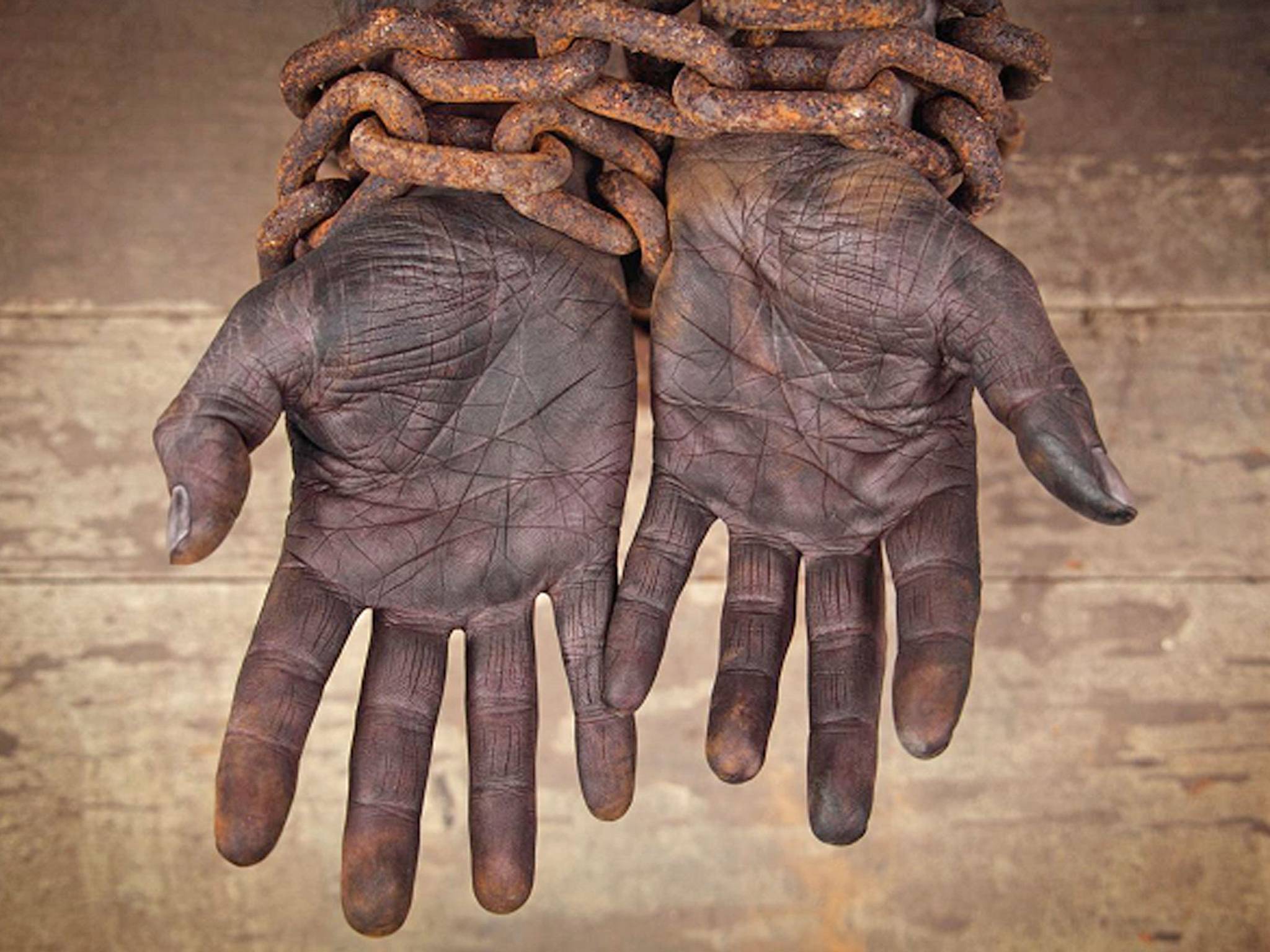“Reimbursements for victims of slavery”
September 30 The damages caused by the slave trade cannot be erased nor pacified. However, compensation and benefits for descendants or countries affected by the slave trade is vital, writes Latoyaa Roberts, 25, a Commonwealth Correspondent from Trinidad and Tobago.
The damages caused by the slave trade cannot be erased nor pacified. However, compensation and benefits for descendants or countries affected by the slave trade is vital, writes Latoyaa Roberts, 25, a Commonwealth Correspondent from Trinidad and Tobago.
It is nearly 200 years since the Atlantic Slave Trade ended. Yet there are still concerns about the cost of slavery and how it has affected descendants all over the globe.
The majority of the Caribbean population is descendants of former slaves. While admiration is given to the diversity and the complex realities of this region in the 21st century, there is also resurgence in the call for reparations and consideration to the damage done to the African people during the slave trade.
In 2013 the English-Speaking Caribbean countries, through the regional organization called CARICOM, re-introduced the dialogue and positioned an active stance for seeking reparations and benefits for the descendants affected by slavery. The nations within this region see the importance of preserving the identity and unique origins of its people, but they also admit that the repercussions of slavery have avalanching effects that are still prominent in today’s society.
The Principal of the University of the West Indies, Cave Hill Campus, Sir Hilary Beckles is at the forefront of the reparations campaign.
“While all races experienced some form of slavery, African slavery was unique in its scope and brutality.” he admonished. “Comparative studies note that it was the only system of slavery in which people were viewed legally as property and seen as non-humans.” Consequently, the Caribbean nations see the justification for reparations as credible.
Reparations can take form through monetary contributions as most commonly encouraged. Also scholarships, bursaries, social safety nets, special provisions and allowances for better standard of living for persons who became underprivileged, disenfranchised and segregated in life are viable alternatives. However, in deciding the process of reparations several on-going issues must be addressed.
Firstly, exactly who should be given reparation? Advocates for slavery abolition and emancipation have argued that compensation must be given to family and generations of ex-slaves who were severely affected. Other economists have argued that tracing who are the descendants and the receiving nations has been a difficult and conflicting issue. For example, it is argued that reparations should be constantly paid to African nations since they were severely affected by slavery and to this day, the African nations are under-developmented compared to their Caribbean counterparts, who have a higher Gross Domestic Product (GDP) and developmental progress rate.
There have been several debates on what forms of reparation should be given to slavery communities and descendants. There have been other events in history where reparations were paid to affected groups such as monetary disbursements to British ex-slave owners at the end of slave trade, special provisions and privileges for the Jewish community to education and social services because of the Holocaust, or access to health care and social services for Japanese citizens within Hiroshima and Nagasaki who were affected by the nuclear bombing in World War II. Whatever forms of reparations are applied, it is in best interest that the assignment and distribution be done with equity and equality, along with accountability, monitoring and evaluation to ensure that the needs of all affected parties are adequately met.
Lastly, who exactly should pay these reparations? The CARICOM community has called on three specific nations – Britain, Holland and France – to pay compensation for the damages done to the Caribbean region during the plantations system and slave trade era. However, to what extent can current citizens of a nation be held accountable for the mistakes of their forefathers? Britain’s government has already stood firm with regards to non-payment. Rather, the citizenry acknowledges the damages that were caused by slavery, but encourages nations to progress and develop based on mutual understanding, economic co-operation and international trade. Additionally, countries are encouraged to remove their dependency syndrome and achieve a higher level of independence notwithstanding the collateral damage that they would have suffered at the hands of bad decisions made four or five centuries ago.
Undoubtedly, the damages caused by the slavery trade cannot be erased nor pacified. However, as countries and people continue to progress, we can continue to promote public awareness about slavery and emancipation. Any attempt at compensation for those who suffered severely must also be encouraged. Furthermore, we must look forward to a future built with hope and respect for humanity to ensure that events like the slave trade are not re-occurring paradigms within our existence.
………………………………………………………………………………………………………………
About me:
The world is my oyster and I love exploring it. My best exploration thus far was as an English teacher in Japan, frequently visiting other Asian countries. Now, I am a Secondary School English teacher in my country but in the future I want to become a Communications Specialist for an international organization.
My first degree is in Communication Studies with Linguistics and International Relations. I also obtained a M.Sc in Global Studies and I am currently pursuing a M. Phil in International Relations.
………………………………………………………………………………………………………………
Opinions expressed in this article are those of the author and do not necessarily represent the views of the Commonwealth Youth Programme. Articles are published in a spirit of dialogue, respect and understanding. If you disagree, why not submit a response?
To learn more about becoming a Commonwealth Correspondent please visit:
http://www.yourcommonwealth.org/submit-articles/commonwealthcorrespondents/




